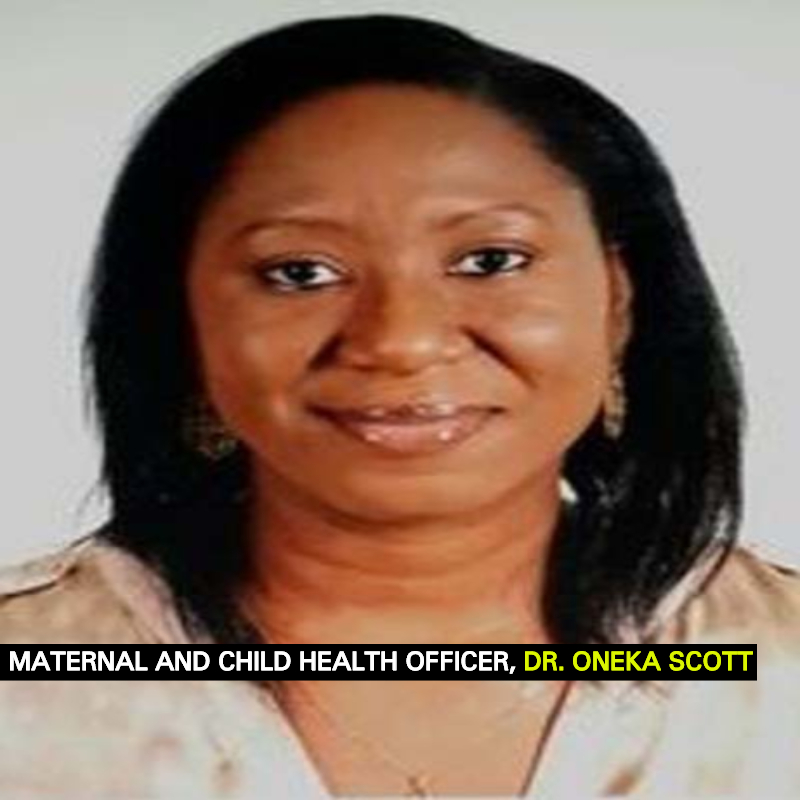Recognising that “measles is no joke”, the Ministry of Public Health is currently urging all members of the public to take responsibility for their own safety by ensuring that they are vaccinated against measles.
Measles, said to be a childhood disease, is caused by a virus which is highly contagious and infectious. Its symptoms usually include a fever that is often greater than 40 degrees Celsius; cough; runny nose; and inflamed eyes. These related symptoms can develop 10-12 days after exposure to an infected person and last for seven to 10 days.
In its appeal through Maternal and Child Health Officer, Dr Oneka Scott, the Ministry said, “Any person suspected of measles will show symptoms of fever, generalised rash, and all or any of the three Cs [cough, conjunctivitis (red eye) and choryza] and koplik spots inside the mouth are also typical of the disease.”
However, to diagnose measles laboratory investigation, which includes serum, urine, and nasopharyngeal secretion, must be conducted, Dr Scott explained. Added to this, she said, all samples must be sent to the Maternal and Child Health Unit for further investigation
According to her too, “Remember: Measles is a nationally notifiable disease and the Chief Medical Officer of the Ministry of Public Health must be immediately notified of any suspicions of it.”
Persons desirous of seeking additional information can do so by contacting the Ministry’s Maternal and Child Health Unit on telephone numbers 223-7249 or 223-5310.
In the Region of the Americas where Guyana is geographically located, measles outbreak started in Venezuela, west of Guyana’s border, in July 2015. The ongoing social and economic hardships in Caracas served to push many nationals to seek refuge in neighbouring countries such as Guyana to restart their lives.
Between June 2017 and October 2018, some 7,500 suspected cases of measles were reported in Venezuela. In 2017, the WHO declared an Emergency Response for Guyana following the outbreak of Measles in Venezuela and a subsequent spread of this re-emerging disease to Brazil another South American state.
In March this year, Ukraine, the Philippines, and Brazil were listed as the three leading global measles hot-spots.
In Ukraine, 11 people have died and more than 30,500 have been infected with the infectious ailment. In the Philippines, 315 people died and there were 21,396 cases of measles reported during the first three months of 2019. In neighbouring Brazil, 12 people died and some 10,300 confirmed measles cases have been reported so far this year.
Governments around the world and international media earlier in the year warned of a potential worldwide measles outbreak, and a growing number of confirmed cases have been reported in Canada, England, and the wider European continent.
In the United States, between January 1 and May 31, 2019, there were 981 confirmed cases of measles in 26 states.
In the Caribbean, the islands of Antigua and Barbuda, The Bahamas, and St Lucia have all reported confirmed cases of imported measles.
The influx of Venezuelans into Guyana, along with free and open travel among Guyana, North and South America, and the Caribbean further increases this country’s risk of importing measles.
In light of the current situation, the Public Health Ministry has been appealing to all Guyanese to comply with public health regulations and ensure that all family members receive two doses of the Measles vaccine.













